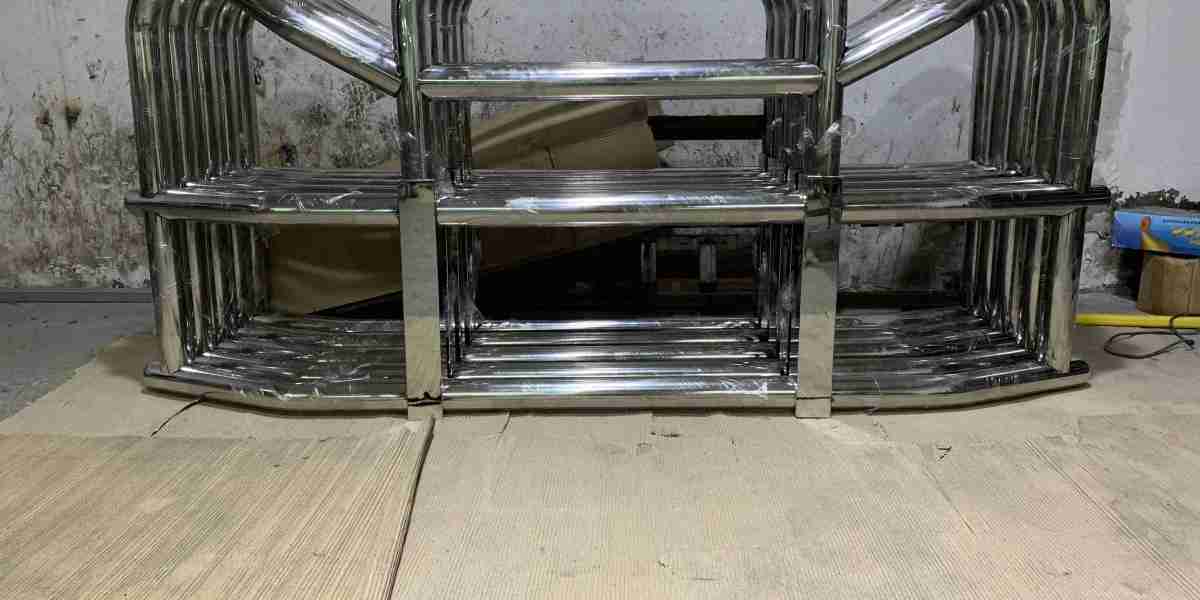deer bumper are essential accessories for vehicles, especially for those who frequently drive in rural areas where deer crossings are common. These bumpers are designed to protect your vehicle from damage caused by collisions with deer. Installing a deer bumper can enhance the safety of your vehicle and reduce repair costs in the event of an accident.
Choosing the Right Deer Bumper
Before installation, it is crucial to select the right deer bumper for your vehicle. Consider factors such as the make and model of your vehicle, the material of the bumper, and the design. Steel bumpers are known for their durability, while plastic bumpers are lighter and more affordable. Research different brands and read customer reviews to find a bumper that meets your needs.
Gathering Necessary Tools and Materials
To install a deer bumper, you will need specific tools and materials. Common tools include a socket set, wrenches, a drill, and a torque wrench. Additionally, you may need mounting brackets and bolts, which often come with the bumper. Ensure you have everything ready before starting the installation process to avoid interruptions.
Preparing Your Vehicle for Installation
Before installing the deer bumper, prepare your vehicle. Park your vehicle on a flat surface and engage the parking brake. Remove any existing bumper or accessories that may obstruct the installation. It is advisable to clean the area where the new bumper will be mounted to ensure a secure fit.

Removing the Old Bumper
If your vehicle has an existing bumper, you will need to remove it first. Locate the bolts or screws securing the old bumper and use the appropriate tools to remove them. Carefully detach the bumper from the vehicle, taking care not to damage any wiring or components. Keep the old bumper in case you need parts for the new installation.
Installing the Mounting Brackets
Once the old bumper is removed, it is time to install the mounting brackets for the new deer bumper. Align the brackets with the mounting holes on your vehicle. Use a drill to create new holes if necessary. Secure the brackets in place using bolts and a torque wrench to ensure they are tightened to the manufacturer's specifications.
Fitting the New Deer Bumper
With the mounting brackets in place, you can now fit the new deer bumper onto the vehicle. Carefully lift the bumper into position and align it with the brackets. Ensure that all holes are aligned correctly. It may be helpful to have a friend assist you in holding the bumper while you secure it.
Securing the Deer Bumper
Once the bumper is in position, use the provided bolts to secure it to the mounting brackets. Tighten the bolts using a socket set, ensuring they are snug but not overly tight to avoid damaging the bumper or brackets. Double-check all connections to ensure everything is secure.
Testing the Installation
After securing the deer bumper, it is essential to test the installation. Gently push against the bumper to ensure it is firmly attached. Check for any movement or looseness. If everything feels secure, you can proceed to the next step. If you notice any issues, recheck the bolts and brackets.
Final Adjustments and Alignment
Once the bumper is securely installed, make any necessary adjustments to ensure it is aligned correctly with the vehicle. This may involve loosening and repositioning the bumper slightly. Take your time to ensure that the bumper is straight and evenly spaced on both sides of the vehicle.
Cleaning Up the Work Area
After completing the installation, clean up your work area. Dispose of any old parts or packaging materials responsibly. Store your tools in their designated places to keep your garage organized. A clean workspace is essential for safety and efficiency.
Conclusion
Installing a deer bumper is a straightforward process that can significantly enhance the safety of your vehicle. By following this step-by-step guide, you can ensure a successful installation. Remember to choose the right bumper, gather the necessary tools, and take your time during the installation process. With proper care, your new deer bumper will provide the protection you need on the road






